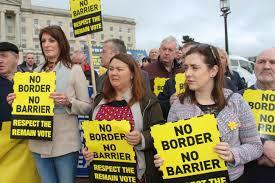All good things must come to an end
I'd like to extend my heartfelt congratulations to President Trump and Vice President Vance!
May these next 4 years be peaceful and prosperous and may our futures reflect all the success that lies ahead!!!
"One nation, under God, with liberty and justice for all!"
God Bless America ♥️




